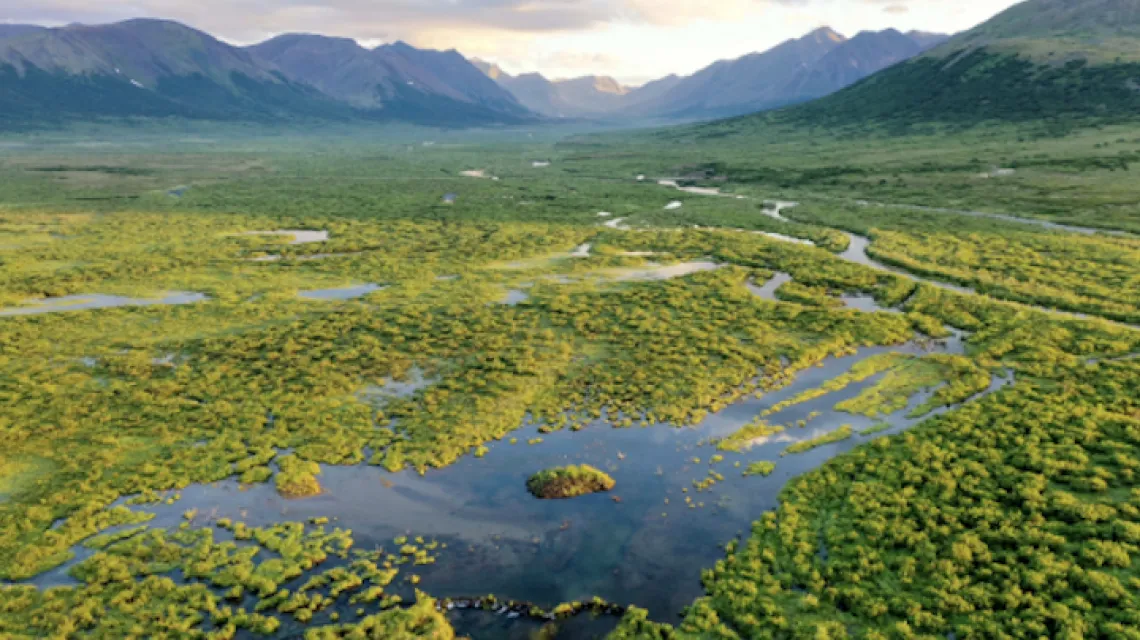NNI's Researchers Featured in NOAA's Arctic Report Card

The Indigenous Foods Knowledges Network (IFKN) (NSF-OPP Award #17454990) has been working on the Impact of COVID-19 on Food Access in Indigenous Communities in the Arctic and U.S. Southwest: A Comparative Landscape Analysis study (NSF-OPP Award #2035161). This project was co-developed with a university research team (University of Arizona & University of Colorado-Boulder) and an Indigenous Research Advisory Council, consisting of six Indigenous individuals from either Arctic or U.S. Southwest. NNI’s Stephanie Russo Carroll (Ahtna) and Mary Beth Jäger (Citizen Potawatomi Nation) serve are part of the university research team. Together the university research team and Indigenous Research Advisory Council contributed an essay, The Impact of COVID-19 on Food Access for Alaska Natives in 2020, to the National Oceanic and Atmospheric Administration’s (NOAA) Arctic Report Card (ARC) based on what was learned from the Alaska interviews with Experts.
From the NOAA administrator’s remarks for the ARC’s launch:
“…Climate change is just one of the burdens that globalization has visited on this region. In 2020, health and safety measures designed to protect vulnerable communities from the coronavirus pandemic created bottlenecks in the food sharing systems that distribute the fruits of sustenance harvesting and traditional foods gathered across the vast region. Communities rallied by augmenting traditional food sharing networks and developing alternative distribution methods, like food drop-offs, pickups, and care packages sent to distant relatives, to provision their neighbors, Elders, and those without a harvester in their family. The chapter documenting their resilience is one of the bright spots in this year’s report card….”
Some Key Messages from the ARC Essay
- The COVID-19 pandemic has exacerbated existing challenges for Alaska Natives in accessing traditional foods. The strength of Indigenous cultural and economic practices such as food sharing networks helped mitigate these challenges.
- Policies and programs that support access to traditional foods and Indigenous sovereignty strengthen the ability of individuals and communities to respond to significant events that break down supply chains and restrict mobility.
More is to come from the project.

